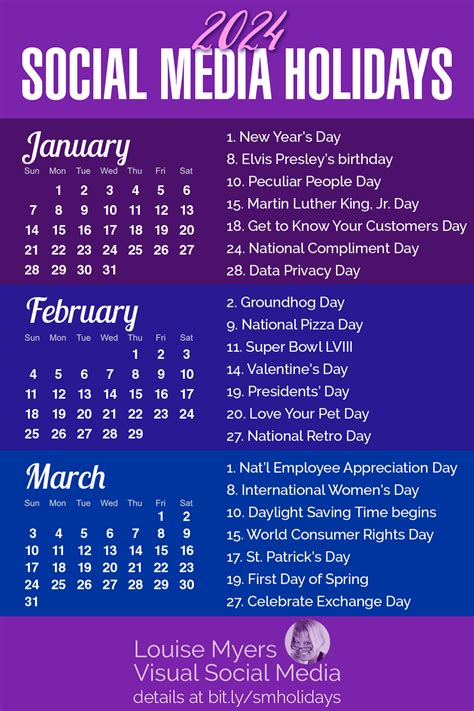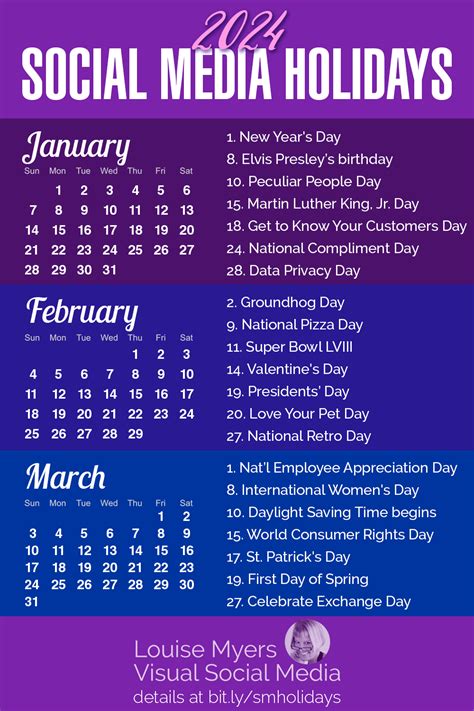Learn everything you need to know about using hashtags on social media in 2024, from their purpose to best practices and measuring their impact. Stay ahead with emerging trends.In today’s digital age, social media has become an integral part of our daily lives, and hashtags have played a significant role in organizing and categorizing content across various platforms. As we approach 2024, the use of hashtags continues to evolve, and understanding their purpose and best practices is essential for anyone looking to maximize their impact on social media. In this ultimate guide, we will delve into the world of hashtags, exploring their purpose, best practices for research, incorporating them into your content, measuring their impact, and emerging trends in hashtag usage. Whether you’re a seasoned social media marketer or just beginning to navigate the digital landscape, this guide will provide you with the knowledge and tools to harness the power of hashtags in 2024 and beyond. So, let’s dive in and unlock the potential of hashtags on social media.
Understanding the Purpose of Hashtags
Hashtags are words or phrases preceded by the pound (#) symbol, and they are used on social media platforms to categorize content and make it more discoverable. The purpose of hashtags is to connect people who are interested in the same topic, making it easier for users to find and engage with relevant content.
When a user clicks on or searches for a hashtag, they are taken to a page displaying all the posts that include that specific hashtag. This creates a virtual discussion forum where users can share and explore content related to a particular topic, event, or trend.
Businesses and individuals alike use hashtags to increase visibility and reach a wider audience. By adding relevant hashtags to posts, users can increase the likelihood of their content being discovered by people who are interested in that subject matter.
It’s essential to understand the purpose of hashtags in order to use them effectively in your social media strategy. Whether it’s to join a conversation, promote a product, or raise awareness about a cause, hashtags can be a powerful tool for connecting with your target audience.
Best Practices for Hashtag Research
When it comes to conducting hashtag research, it’s important to start by understanding the purpose and goals of your social media marketing strategy. By clearly defining your target audience and the objectives of your campaign, you can begin to identify the most relevant and impactful hashtags to incorporate into your content.
One effective method for conducting hashtag research is to utilize social media analytics tools that can provide valuable insights into trending and popular hashtags within your industry or niche. These tools can help you identify which hashtags are currently resonating with your target audience and can guide you in selecting the most appropriate tags to use in your content.
Another best practice for hashtag research is to conduct a competitive analysis to see which hashtags your competitors are using and to gauge their effectiveness. By gaining visibility into the hashtags that are driving engagement for others in your space, you can make informed decisions about which hashtags to incorporate into your own social media strategy.
Additionally, leveraging user-generated content and monitoring the hashtags that your audience is actively using can provide valuable insights for your hashtag research. By identifying the hashtags that are organically being utilized by your target audience, you can ensure that your content is aligned with their interests and preferences.
Incorporating Hashtags into Your Content
When it comes to incorporating hashtags into your content, it’s important to keep in mind that hashtags are used to categorize content and make it more discoverable. This means that you should choose relevant hashtags that are related to the topic of your content. For example, if you are posting about a new recipe, you might use hashtags like #foodie, #recipeoftheday, or #cookingtips to reach a wider audience interested in food and cooking.
It’s also a good idea to do some hashtag research before incorporating them into your content. This involves looking at the hashtags that are trending in your industry or niche, as well as the ones that your target audience is using. By using popular and relevant hashtags, you can increase the visibility of your content and reach more people who are interested in what you have to say.
Another important aspect of incorporating hashtags into your content is to keep them relevant and specific. Avoid using overly generic hashtags that are too broad, as these can get lost in the noise of other content. Instead, focus on using niche-specific hashtags that are more likely to attract the attention of your target audience.
Finally, it’s essential to measure the impact of the hashtags you use in your content. This can be done by tracking the engagement and reach of your posts when using different hashtags. By analyzing this data, you can gain insights into which hashtags are most effective for your content and adjust your strategy accordingly.
Measuring the Impact of Hashtags
When it comes to social media marketing, hashtags are an essential tool for reaching a wider audience and increasing engagement. However, simply using hashtags in your posts is not enough – you also need to measure their impact to determine their effectiveness in reaching your marketing goals. Measuring the impact of hashtags involves analyzing their performance in terms of reach, engagement, and conversions. By tracking these metrics, you can gain valuable insights into the effectiveness of your hashtag strategy and make informed decisions to improve your social media marketing efforts.
One way to measure the impact of hashtags is by using social media management tools that provide analytics on hashtag performance. These tools can show you how many people your hashtags have reached, how much engagement they have generated, and whether they have contributed to driving traffic to your website or increasing sales. By analyzing these metrics, you can identify which hashtags are delivering the best results and optimize your strategy accordingly.
Another important aspect of measuring the impact of hashtags is A/B testing. This involves using different sets of hashtags in similar posts to see which ones perform better. By comparing the reach, engagement, and conversions generated by different sets of hashtags, you can determine which ones are most effective in achieving your marketing objectives. This data-driven approach allows you to fine-tune your hashtag strategy and maximize the impact of your social media posts.
In conclusion, measuring the impact of hashtags is crucial for optimizing your social media marketing efforts. By analyzing metrics, using social media management tools, and conducting A/B testing, you can gain valuable insights into the effectiveness of your hashtag strategy and make informed decisions to improve your marketing performance. With the right approach to measuring the impact of hashtags, you can enhance your brand’s visibility, engagement, and conversions on social media.
Emerging Trends in Hashtag Usage
In 2024, the use of hashtags on social media is evolving rapidly, with new trends emerging that are shaping the way individuals and brands utilize this powerful tool. One emerging trend is the use of branded hashtags, which are unique to a specific brand or campaign. This allows companies to create a sense of community among their followers and track the engagement and reach of their branded content.
Another trend that is gaining traction is the use of contextual hashtags, which are tailored to the specific content being posted. These hashtags provide additional context and relevance to the post, making it more discoverable to users who are actively searching for that type of content.
Furthermore, we are seeing a rise in the use of location-based hashtags, which are geographically specific and designed to connect users within a certain area. This trend is particularly popular among local businesses and events, as it allows them to reach a targeted audience in their area.
Lastly, an emerging trend in hashtag usage is the integration of voice-activated hashtags, which are designed to be spoken rather than typed. With the rise of voice search and virtual assistants, this trend is expected to become more prevalent as users seek new ways to engage with and discover content on social media platforms.
Frequently Asked Questions
What are hashtags and why are they important on social media?
Hashtags are a way of categorizing content on social media. They help users discover and engage with posts related to specific topics. Hashtags are important because they increase the visibility of your posts and help you reach a wider audience.
How many hashtags should I use in a social media post?
The ideal number of hashtags to use in a social media post varies depending on the platform. However, it is generally recommended to use 2-3 hashtags on Twitter, 9-12 hashtags on Instagram, and 1-2 hashtags on Facebook and LinkedIn.
What are some trending hashtags in 2024?
Trending hashtags in 2024 are constantly changing, but some popular ones include #2024Trends, #TechAdvancements, #FutureofSocial, #Innovations, and #DigitalTransformation.
How can I research and find relevant hashtags for my social media posts?
You can research and find relevant hashtags by using tools like Hashtagify, RiteTag, and Sprout Social. You can also analyze the hashtags used by your competitors and influencers in your industry.
Should I create my own branded hashtag for my business?
Creating your own branded hashtag for your business can help build brand awareness, encourage user-generated content, and foster a sense of community among your followers. It is a great way to promote your brand and engage your audience.
Is it important to monitor the performance of my hashtags?
Yes, it is important to monitor the performance of your hashtags to understand which ones are resonating with your audience and driving engagement. You can use social media analytics tools to track the reach, impressions, and engagement of your hashtagged posts.
What are some best practices for using hashtags on social media?
Some best practices for using hashtags on social media include using relevant and specific hashtags, avoiding overuse of hashtags, creating a mix of popular and niche hashtags, and regularly updating your hashtag strategy to stay current with trends.



